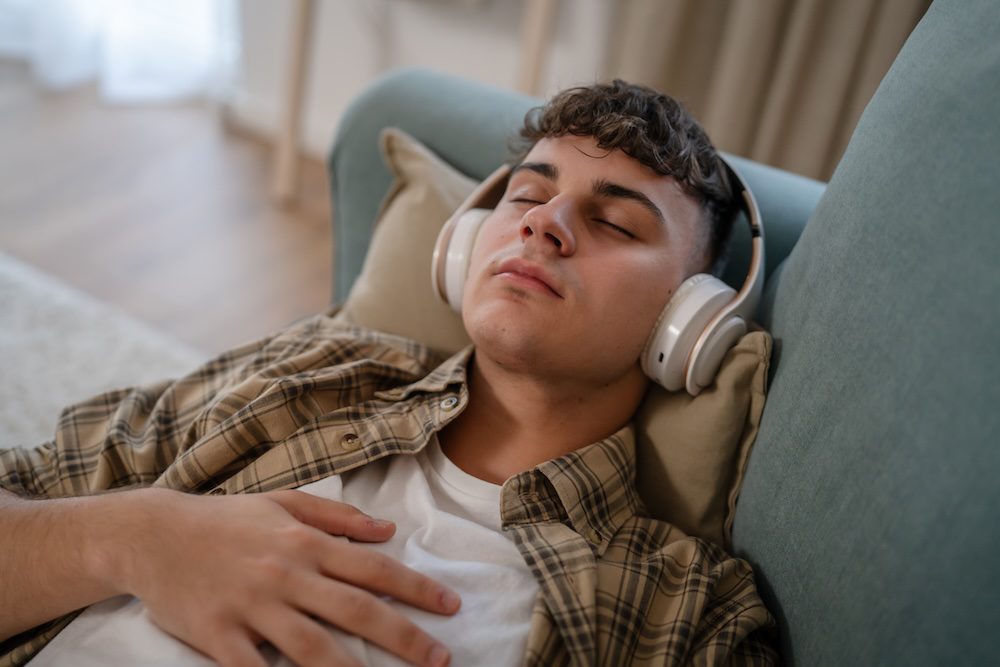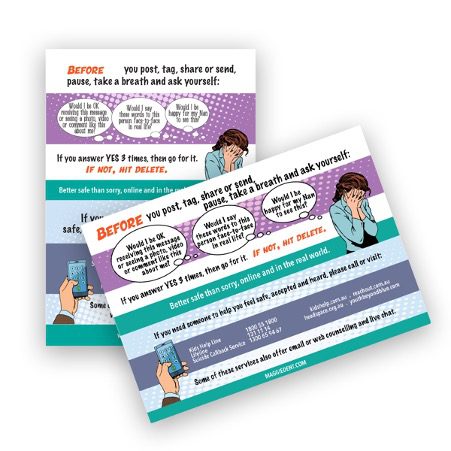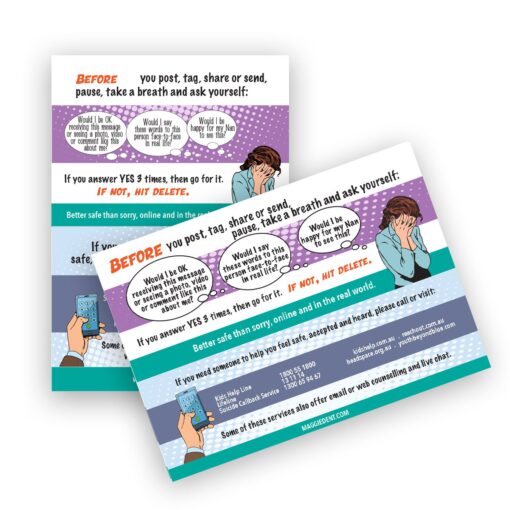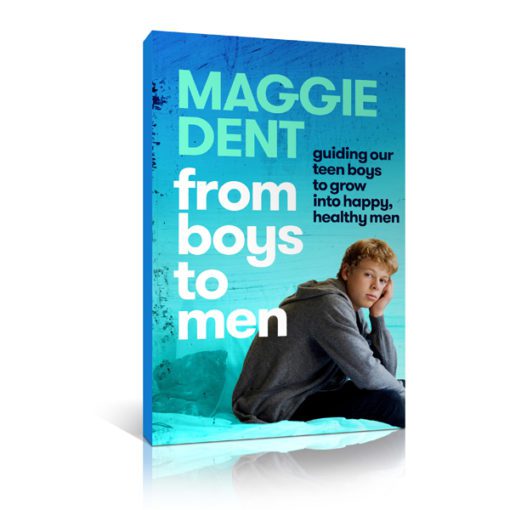Newsletter Articles, Posts for Parents, Raising Adolescents
Helping teens find their own inner compass

The last month or so, much has been shared in the media and on socials about the Netflix series Adolescence. Some of the commentary has been very provocative and ‘anti-boy’ and it’s caused deep concern among those who are raising boys on the bridge to manhood today.
We have been concerned for quite some time about the impact of negative content on social media for both boys and girls, and this series painted the worst picture of what can happen when teens experience significant trolling and bullying online.
A view that I share with Steve Biddulph (author of Raising Boys and The New Manhood) is that a boy who has been raised with secure attachment in a home, with a minimum of one loving significant, consistent relationship will be more unlikely to be turned into a violent, extremist lad because of the content he has been digesting online. There would be other factors that will have contributed to the lad in Adolescence’s behaviour, not just towards the girl who rejected him, but also towards the psychologist who interviewed him.
What kind of factors?
Well, let’s look at the worst-case-scenario here: young people who commit massacres. Research conducted around school shootings in America has found that while there is no accurate profile of a student who engages in targeted school violence there are some risk factors at play.
Obviously, the number one factor here is that these kids have access to guns. But beyond that, the United States Secret Service and other research has reported some of the following things as being common factors for shooters.
- almost always male
- mostly aged between 13 and 18
- almost two-thirds of attackers came from two-parent families (some living with step-parents)
- some psychological, behavioural or developmental issues
- has experienced adverse childhood experiences (ACEs). This can include abuse, trauma, neglect or growing up in a family with mental health, violence and/or substance abuse issues
- family discord/negative home life
- has experienced bullying and harassment, often observed by others
- participates in Internet chat groups, violent video games and social media
- has been subject to school disciplinary actions
- difficulty coping with significant losses or perceived personal failures
- social stressors involving their peers and/or romantic partners
- social isolation (i.e. from dysfunctional family life; being suspended or expelled from school, failed relationships and having less face-to-face time with real people)
- a history of suicidal ideation and depression
The boy in Adolescence would have had several of these contributing factors, so he didn’t act violently simply because he was being exposed to the unhealthy manosphere online.
Connection is the key to redressing disrespect
There is no question that there has been this significant shift in the sexual harassment of girls and female teachers in our schools. Teen boys have always used teasing and banter. However, the level of language has shifted towards more degrading porn-like language and rape threats towards girls and women. This was evidenced in the Sexual Harassment of Teachers Report, I completed with Collective Shout in October 2024. We all have a responsibility in our communities, schools and homes to have awkward conversations about respectful behaviour and language, and it is important we have these conversations with both boys and girls.
Two of my favourite blogs that were prompted by this series, and which explore what parents can do, were written by my colleagues Michelle Mitchell and Gen Muir, both mothers of boys only like myself.
I’d encourage you to read them:
- One thing Netflix’s Adolescence Gets Wrong and Why I’m Glad it Did by Michelle Mitchell
- Raising boys with big hearts: 5 myths we need to bust by Gen Muir
If you have had a chance to watch the ABC TV series I was part of, The Role of a Lifetime, you will appreciate that sometimes our tweens and teens can know more than us in the digital space!
This is why it’s so important for us to develop a connection with our teens that is based on compassion and respect. Yes, that can be hard to do if they are in the window where their perception of the world is different to yours, and you are struggling to allow them to feel seen and heard.
The voices of older teens in The Role of a Lifetime is really insightful in so many ways and reassuring. This series is a great opportunity to not only learn up-to-date important information that is non-sensationalist, many families have found it has started those conversations that had been difficult to have before.
Turning in to find your way
One important thing that is often overlooked in the space of raising healthy adolescents is that we can nurture and cultivate their capacity to find and listen to their own inner compass. In his latest book, Wild Creature Mind, Steve Biddulph explores some neuroscience that shows that our body has another source of ‘knowing’ not just a mind. He shares that when we listen to this knowing, rather than our loud shouting ego voice, we will make better decisions on our life journey. Some of us would know this as our intuition, or our gut feeling and it seems that we all have it.
Today’s world is busy and full of more sensory stimulation than any other time in history. The instant interaction that occurs in the digital space means that there is very little time for pausing, pondering and deep thinking.
There is less time in nature, where we often find a natural tendency to create opportunities for this calm state of mind. I began using mindfulness in my classrooms in the early 1990s, partly to reduce the stress I was observing in my students. What was really interesting was that not only were my students calmer, they were kinder and their grades increased because stressed brains don’t learn well or write well.
When I became a full-time counsellor I would use this relaxed state with all my clients from young children to the elderly. When the body was in this safe, calm state it is more open to insights and information accessed from a higher place within the personality. This is the inner guidance from our spirit instead of our ego-mask or our shadow. So often people would be able to solve their own dilemmas and concerns following a time of calm mindfulness.
‘Each of us has a wise part within, an intuitive part that knows what is best for us. Contacting, listening to, and trusting that inner authority are important skills. They are invaluable when life presents us with problems whose answers are not found in the back of the book.’
– Chick Moorman, The Parent Talk System
I believe that the increase in poor mental health for our children and our teens, is because they are more disconnected from their higher selves, their inner selves. We have diminished the importance of the arts, which is another way of accessing the deeper levels of our personality, especially through creativity.
As I wrote in my 2024 book, Help Me Help My Teen:
The focus on ‘me’ rather than ‘we’, the influence of technology, the absence of time in nature, the shortening and stealing of childhood in the name of education and the massive global uncertainties from the pandemic, wars and natural disasters. All of this impacts the growth and nurturing of the inner world for everyone – the human spirit, often called the soul.
The inner compass as a protector
Teens who have a connection to their inner compass have a protective mechanism that is difficult to measure, yet very clear when absent. The foundations for a strong connection are built in childhood, but it is never too late.
These are some of the qualities and experiences that can help nurture the pathway to the inner compass.
- Wonder
- Respect and reverence
- Awe
- Relational spirituality
- Lightness and laughter
- Contemplation
- Calmness, stillness and quiet
- Tenderness and gratitude
- Simplicity
- Listening with the heart.
Another way that is often underestimated, is the presence of a good dog in a home. When you are surrounded by a creature who can hold the state of unconditional love and presence, day in and day out, you get to learn what that is.
Nurturing awe and wonder can happen at any age. Even though most teens will need to film it so they can share online later, awe and wonder does not happen in a digital space – it happens out in the real world. We need to prioritise this in childhood as much as possible.
Joyful and enriching experiences in nature matter a lot too. My four sons became surfers, and while I was initially hesitant about encouraging it, I soon came to see that the powerful connection with nature and the elements was giving my boys and their mates a taste of awe and wonder, which then nurtured the spark within them for life. This heightened dopamine state is what many are now seeking online.
The ego is quick to react and is so much louder than our inner compass. The key thing to remember when acknowledging that your teen has a quiet voice of guidance within, is that you do too. Modelling by taking steps to calm your own mind and body when you are interacting with an adolescent will not only help them to stay calm, it will help you come alongside them and be the parent you really want to be. The power of the pause is real especially with a deep breath! The glitter jar metaphor is a great way to remember to pause and let things settle before you react.
The key is to keep this in mind – I want to be able to respond rather than react to what is happening right now!
Teach yourself and your children to listen to what their body is telling them because if it is feeling uncomfortable, unsettled and stressed, then something is triggering your wonderful amygdala to feel unsafe.
The inner compass likes to take time to problem solve, to explore options, to consider other people’s point of view and to make decisions that are for an individual’s best interests and that can only happen when the body feels calm. Keep reminding your teen about the wise part within them. It is trying to whisper to them. Sometimes allowing a couple of days before choosing a solution to a problem can be a wonderful strategy to bring into your family – for the adults and the kids.
Some scripts that can help:
- Maybe you could check out your choice on the inside – does it feel right?
- I am curious about what is making you feel anxious at the moment?
- Why don’t you sleep on it, and we can revisit it tomorrow?
- I am curious as to which of your friendships make you feel the best?
- You don’t seem to be enjoying that new app on the phone – is it working for you?
- I think for big decisions like this, it’s good to allow at least 3 days and look for positive signs that help you decide.
- I believe there is a part of you that knows the answer – just check it out within yourself over the next few days.
- Try to visualise yourself achieving goals and outcomes…
The inner knowing is a real thing and might be one of the most important things that we can teach our adolescents as they go forward over the bridge to adulthood.
If they are feeling uncomfortable while interacting in a certain way online, that’s probably a sure sign they need to step away. Pausing before they share, tag or post can make a difference. Download this reminder here.

If they’re struggling to fall asleep at night, there is not something wrong with them, there is something they are struggling to understand that is causing them to feel unsafe. With the help and guidance of a safe base, a loving parent or a caring lighthouse, they can explore what may behind that stress they are feeling.
Automatic negative thoughts are simply your ego telling you all sorts of things that aren’t true, and we need to remember that negative self-talk amps up during the teen years.
When these thoughts become continuous ruminating loops, they create more feelings of self-criticism, unworthiness and despair. One of the ways we can turn that off, especially at night, is by using a calming visualisation. The brain can only listen to one thing at a time and over time, using the same visualisation can become a very powerful pathway to calmness, and good sleep.
I’m offering you an opportunity for you and your tween or teen to experience a relaxing visualisation to take you closer to your inner compass. It’s called Flight Fantasy. I encourage you to do it together and then have a chat about what thoughts you have afterwards. You can access it for free here.

You never know what your inner compass may whisper to you after you do this visualisation. Some adults have told me they have made major life changes after listening to it just once. My recommendation is to listen a two to three times a week for a few weeks.
So why not give it a listen and encourage your tween/teen to do the same, and try out some of the other strategies listed above to access that inner compass. You never know what you’ll find.
Main blog image credit: © Miljan Živković / Adobe Stock




 Manage Membership
Manage Membership

